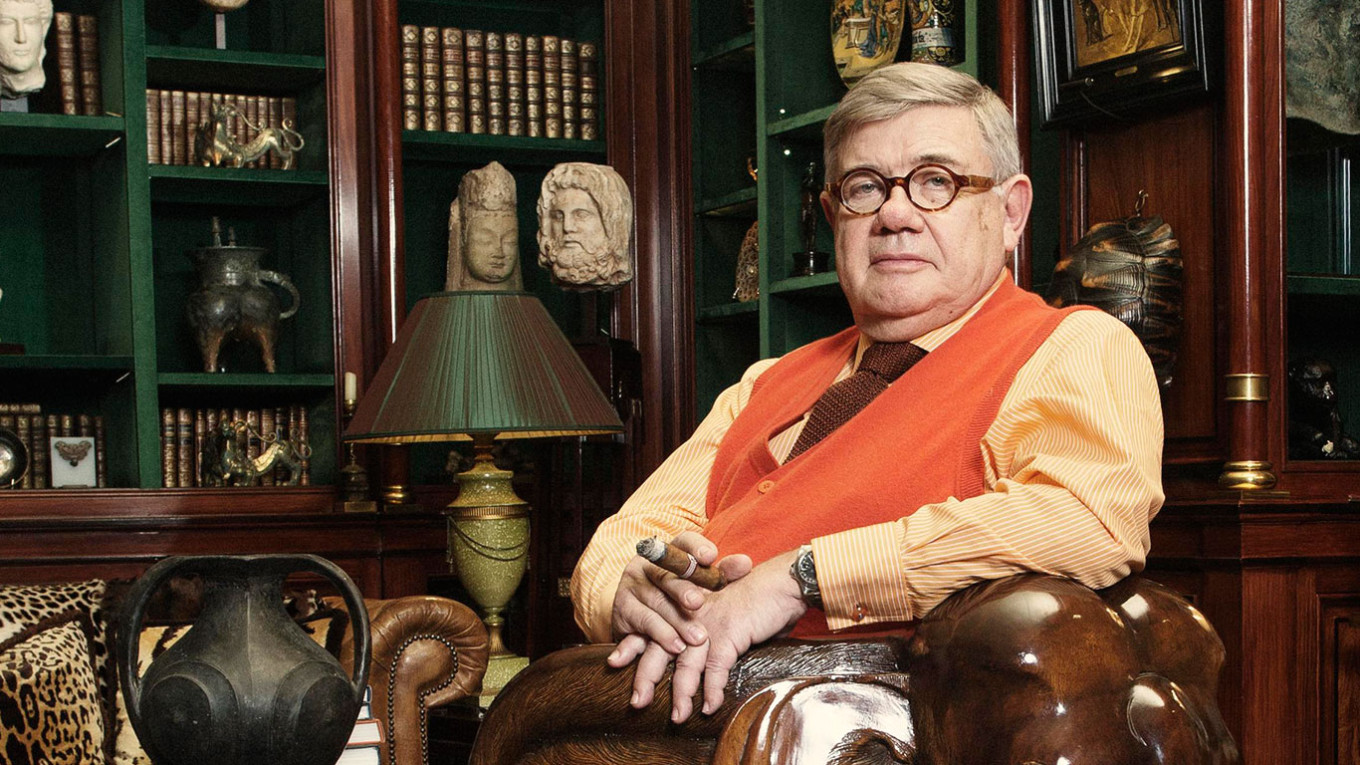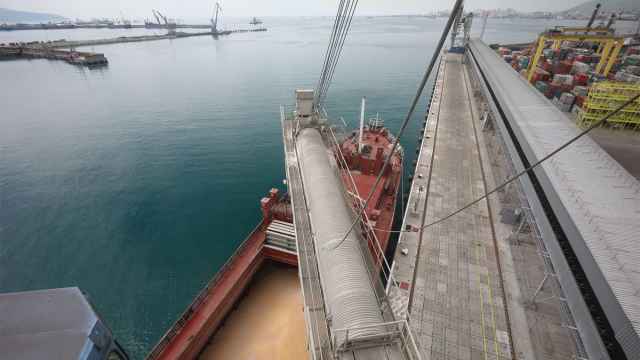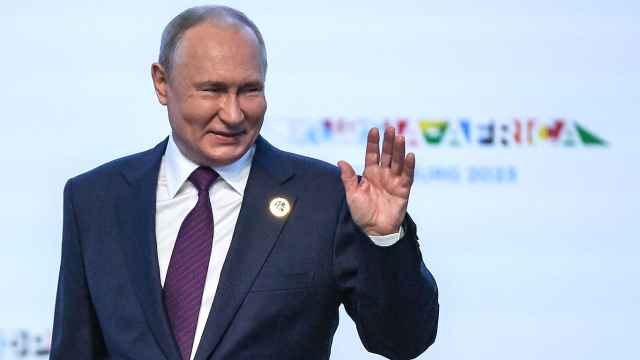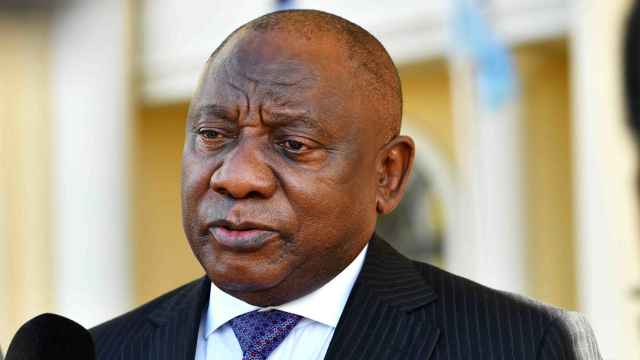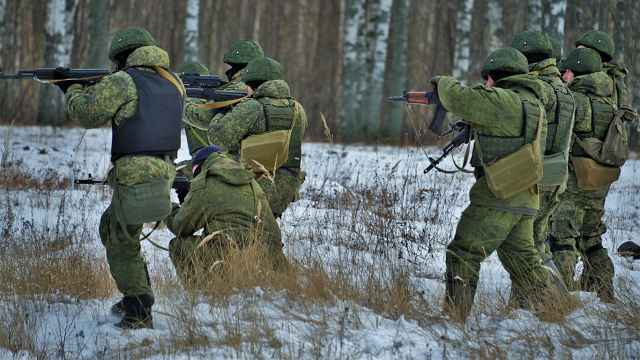An Algerian-born French commodities trader is seeking to broker an African peace initiative between Russia and Ukraine, The Financial Times reported Friday.
Jean-Yves Ollivier, 78, is known as a fixer close to the long-time president of the Republic of Congo and as someone who has also advised Russia’s state nuclear power group Rosatom.
The Ollivier-founded Brazzaville Foundation will support next month’s trips to Kyiv and Moscow by the heads of six African nations as part of the peace initiative, according to FT.
South African President Cyril Ramaphosa has said his Russian and Ukrainian colleagues have agreed to host an African peace initiative aimed at resolving the 15-month war.
Ollivier “had chosen grain, fertilizer and prisoner exchanges as the basis to open discussions,” the publication reported.
The Republic of Congo, Egypt, Senegal, South Africa, Zambia and Uganda “have every right to mediate in the conflict given the enormous consequences for their region,” Ollivier said.
“In Africa, if there’s no crop next year because there’s no fertilizer, millions of people are going to die,” he told FT, which spoke with the dealmaker this week on his way to Kyiv.
Fertilizers are at the core of Russia's apparent discontent with the UN-backed and Turkey-brokered grain deal that allows Ukraine to ship crops from its Black Sea ports to global markets.
Moscow has regularly threatened to stop extending the grain deal if Western banking sanctions hinder Russia’s fertilizer exports.
Brazzaville Foundation advisory board member and former Nigerian President Olusegun Obasanjo told FT he was skeptical about the peace initiative because it lacked backing from the African Union and signals from the United States and United Kingdom that “this is not the right time.”
Ollivier said he had received no objections from Western capitals.
Experts cited by FT said each of the African sextet’s leaders “has an agenda” in brokering the Russian-Ukrainian talks, in addition to preventing food price inflation and shortages.
Zambia’s president is seeking to shake off the perception of being too pro-Western, the Republic of Congo’s long-standing ruler his pariah status and South Africa’s Ramaphosa rebuild credibility after the U.S. allegations of covert arms shipments to Russia, the FT reported.
“The fact they already accepted to talk is progress in itself,” Ollivier said, according to the FT.
A Message from The Moscow Times:
Dear readers,
We are facing unprecedented challenges. Russia's Prosecutor General's Office has designated The Moscow Times as an "undesirable" organization, criminalizing our work and putting our staff at risk of prosecution. This follows our earlier unjust labeling as a "foreign agent."
These actions are direct attempts to silence independent journalism in Russia. The authorities claim our work "discredits the decisions of the Russian leadership." We see things differently: we strive to provide accurate, unbiased reporting on Russia.
We, the journalists of The Moscow Times, refuse to be silenced. But to continue our work, we need your help.
Your support, no matter how small, makes a world of difference. If you can, please support us monthly starting from just $2. It's quick to set up, and every contribution makes a significant impact.
By supporting The Moscow Times, you're defending open, independent journalism in the face of repression. Thank you for standing with us.
Remind me later.


